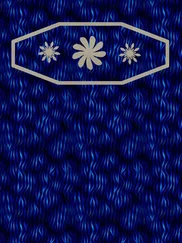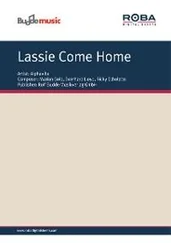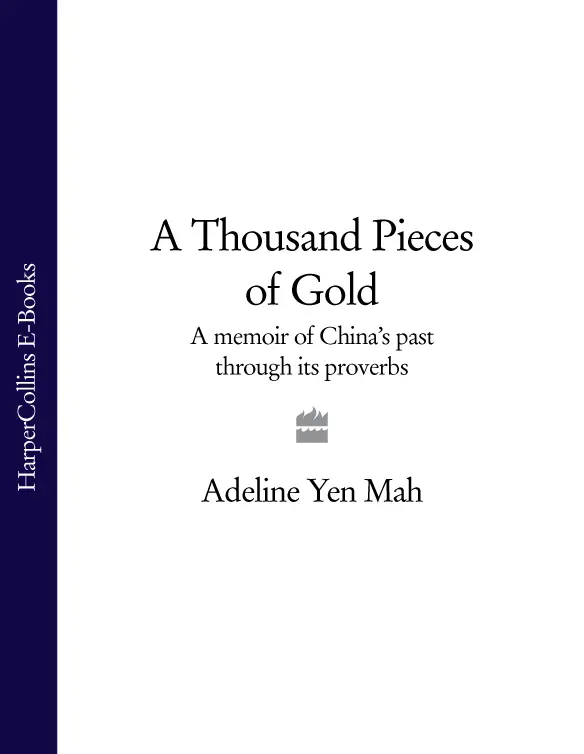
One Written Word is Worth
A Thousand Pieces of Gold

ADELINE YEN MAH
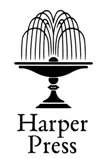
Dedicated to my husband Bob,
who knows me better than I know myself (zhi ji) and makes everything worthwhile.
Note on Pronunciation
Preface
1 Loss of One Hair from Nine Oxen
2 Precious Treasure Worth Cherishing
3 One Written Word is Worth a Thousand Pieces of Gold
4 Binding your Feet to Prevent your own Progress
5 Clapping with One Hand Produces No Sound
6 When the Map is Unrolled, the Dagger is Revealed
7 Burning Books and Burying Scholars
8 Words that Would Cause a Nation to Perish
9 Pointing to a Deer and Calling it a Horse
10 Little Sparrows with Dreams of Swans
11 Destroy the Cooking Cauldrons and Sink the Boats
12 This Young Man is Worth Educating
13 Banquet at Wild Goose Gate
14 Dressed in the Finest Brocades to Parade in the Dark of Night
15 Plot to Sow Discord and Create Enmity
16 The Heart of the People Belongs to Han
17 The Human Heart is Difficult to Fathom
18 Devising Strategies in a Command Tent
List of Proverbs
Index
Acknowledgements
About the Author
Also by Adeline Yen Mah
Copyright
About the Publisher
Chinese is a pictorial, not a phonetic, language. Words are pronounced differently in different provinces, even though they are written in the same way and have the same meaning. This was true even during the time of the Warring States (475–221 BC). The historian Sima Qian began the biography of the assassin Jing Ke with these words: ‘Jing Ke was born in the state of Wei [present-day Henan province]. The natives of Wei pronounced his name Master Qing, but those from the state of Yan called him Master Jing.’
After the Communists conquered China in 1949, they standardised the phonetic spelling of Chinese characters throughout China according to the Beijing dialect, or Mandarin, and called it Pinyin. Pinyin is defined as the phonetic, alphabetic spelling of Chinese writing.
I would like to introduce a few famous figures from Chinese history to western readers using Pinyin. This is not an exhaustive list of all the names that appear in this book, of course, but it gives an overall flavour of how Chinese names are pronounced.
| Preface |
Deng Xiaoping should be pronounced Dung Shiaoping because the letter X is pronounced SH in Pinyin. |
|
Zhuangzi should be pronounced Jwaang Tze because the letters Zh are pronounced J in Pinyin. |
|
Li Si should be pronounced Lee Si because Li is pronounced Lee. |
|
King Zheng should be pronounced King Jung. |
|
Qin should be pronounced Chin because the letter Q is pronounced Ch. |
|
Zhao should be pronounced Jow . |
|
Qi should be pronounced Chee. |
| Chapter 1 |
Sima Qian should be pronounced Sima Chien. |
|
Ren should be pronounced Run because en is pronounced un in Pinyin. |
|
Zhou dynasty should be pronounced Jo dynasty. |
|
Qin Shi Huangdi should be pronounced Chin Shi Hwangdee. |
| Chapter 2 |
Zhong Kui should be pronounced Jong Kwei. |
| Chapter 3 |
Xi should be pronounced She. |
| Chapter 5 |
Han Feizi should be pronounced Haan Fay Tze. |
|
Jiang Qing should be pronounced Jiang Ching. |
| Chapter 7 |
Xu Fu should be pronounced Shü Foo. |
|
Zhang Liang should be pronounced Jaan Liang. |
|
Meng Tian should be pronounced Mung Tien. |
| Chapter 8 |
Meng Yi should be pronounced Mung Yee. |
|
Zhao Gao should be pronounced Jow Gow. |
|
Hu Hai should be pronounced Who Hi. |
|
Fu Su should be pronounced Foo Soo. |
| Chapter 9 |
Xiang Yu should be pronounced Shiang Yu. |
|
Liu Bang should be pronounced Liu Baang. |
| Chapter 10 |
Zhang Han should be pronounced Jaang Haan. |
| Chapter 11 |
Fan Kuai should be pronounced Faan Kwai. |
|
Sima Xin should be pronounced Sima Sheen. |
| Chapter 12 |
Xiao He should be pronounced Shiao Huh. |
| Chapter 14 |
Hahn Xin should be pronounced Hahn Shin. |
| Chapter 16 |
Kuai Tung should be pronounced Kwai Tung. |
Unlike the western world, Chinese surnames are pronounced first, to be followed by the given names. For instance, my maiden surname is Yen  and my given name is Junling
and my given name is Junling  . Thus my Chinese name is Yen Junling
. Thus my Chinese name is Yen Junling  .
.
My husband Bob’s surname is Mah  . When I married Bob, my Chinese name became Mah Yen Junling
. When I married Bob, my Chinese name became Mah Yen Junling  , whereas my English name became Adeline Yen Mah.
, whereas my English name became Adeline Yen Mah.
In a similar vein, Deng Xiaoping’s surname was Deng  . His given name was Xiaoping
. His given name was Xiaoping  .
.
Mao Zedong’s surname was Mao  , and his given name was Zedong
, and his given name was Zedong  .
.
Sima Qian’s surname was Sima  , and his given name was Qian
, and his given name was Qian  .
.
The word Haan  in the state of Haan
in the state of Haan  during the Warring States period is the same character as the surname of General-in-chief Hahn
during the Warring States period is the same character as the surname of General-in-chief Hahn  Xin
Xin  . The word Han
. The word Han  in Han dynasty
in Han dynasty  is an entirely different word from the other two. However, all three are pronounced Han and are spelt identically as Han in the Chinese-English Pinyin dictionary and in history books. To distinguish them and avoid confusion, I have chosen to spell them differently in this book.
is an entirely different word from the other two. However, all three are pronounced Han and are spelt identically as Han in the Chinese-English Pinyin dictionary and in history books. To distinguish them and avoid confusion, I have chosen to spell them differently in this book.
Читать дальше
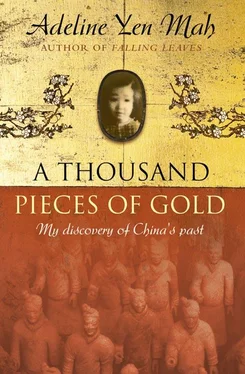



 and my given name is Junling
and my given name is Junling  . Thus my Chinese name is Yen Junling
. Thus my Chinese name is Yen Junling  .
. . When I married Bob, my Chinese name became Mah Yen Junling
. When I married Bob, my Chinese name became Mah Yen Junling  , whereas my English name became Adeline Yen Mah.
, whereas my English name became Adeline Yen Mah. . His given name was Xiaoping
. His given name was Xiaoping  .
. , and his given name was Zedong
, and his given name was Zedong  .
. , and his given name was Qian
, and his given name was Qian  .
. in the state of Haan
in the state of Haan  during the Warring States period is the same character as the surname of General-in-chief Hahn
during the Warring States period is the same character as the surname of General-in-chief Hahn  Xin
Xin  . The word Han
. The word Han  in Han dynasty
in Han dynasty  is an entirely different word from the other two. However, all three are pronounced Han and are spelt identically as Han in the Chinese-English Pinyin dictionary and in history books. To distinguish them and avoid confusion, I have chosen to spell them differently in this book.
is an entirely different word from the other two. However, all three are pronounced Han and are spelt identically as Han in the Chinese-English Pinyin dictionary and in history books. To distinguish them and avoid confusion, I have chosen to spell them differently in this book.

